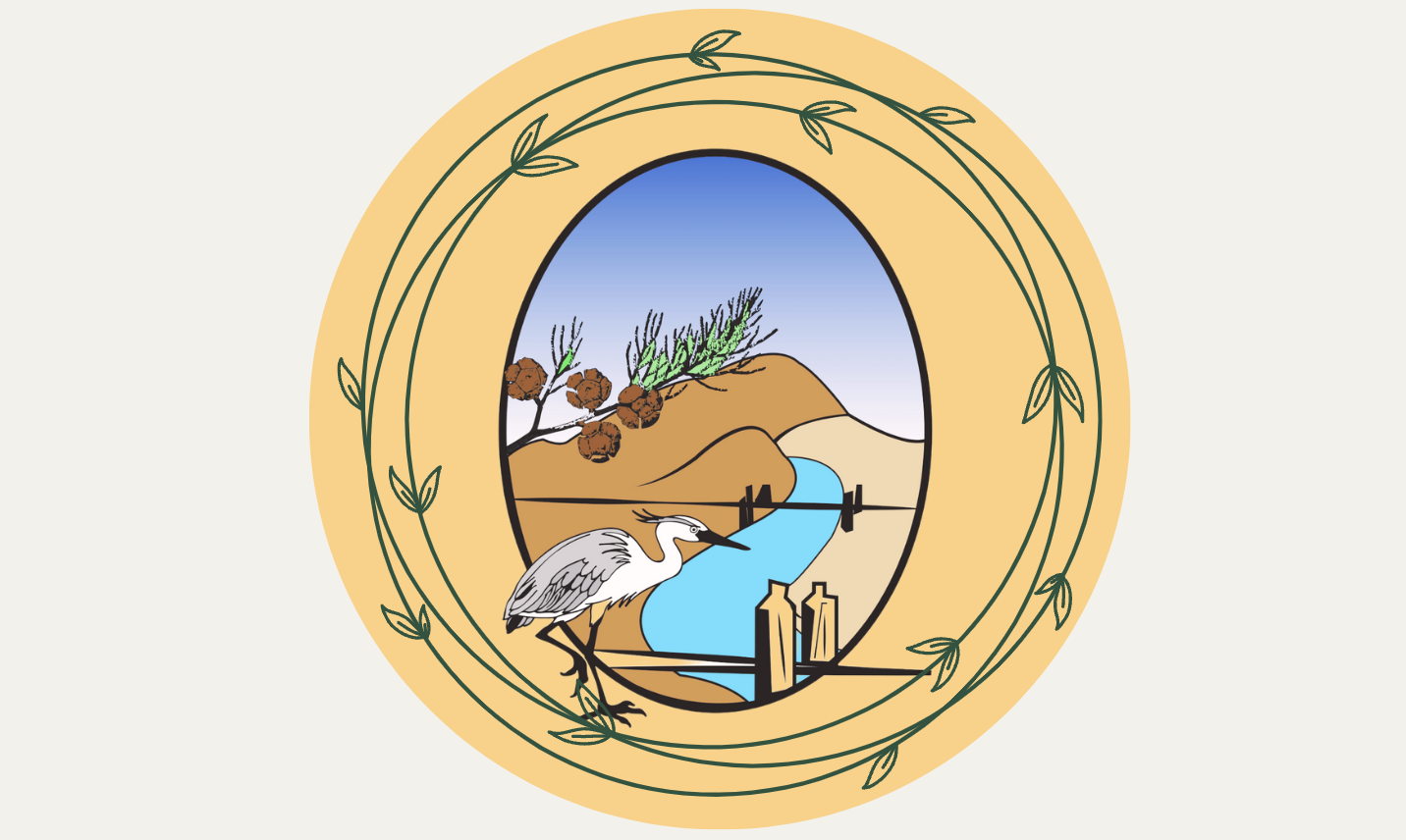From MySafe:LA–Dear Neighbors and Angelenos,
As the flames in the greater Los Angeles region are suppressed by the valiant work of our local (and not so local) firefighters, there is another threat that lingers: dangerous smoke and ash. Poor air quality is not new to Los Angeles, but in the case of multiple wildfires of such magnitude, the risks to your health are significant.
Please review the information we’re sharing here, and take steps to protect the health of not only yourself, but your family — and your pets, too. Pets can become ill just as humans do as a result of breathing polluted air.
Here’s a tailored guide for Angelenos to protect themselves:
1. Monitor Local Air Quality—Use Local Resources: Check the South Coast Air Quality Management District (SCAQMD) website or apps like AirNow for real-time updates specific to Los Angeles. Follow Alerts: Sign up for emergency alerts from the City of Los Angeles or MySafe:LA for localized information.
2. Limit Your Outdoor Exposure—Stay Indoors: Avoid outdoor activities, especially strenuous exercise, until air quality improves. Plan Errands Wisely: Schedule necessary outdoor tasks for early mornings or evenings when air quality might be better.
3. Seal and Protect Your Home—Close All Openings: Keep windows, doors, and vents shut to prevent smoke from entering. Air Purifiers: Use HEPA filters to remove fine particulate matter (PM2.5) from indoor air. If you don’t own one, consider DIY options (e.g., attaching a HEPA filter to a box fan). Inspect HVAC Systems: Use filters rated MERV-13 or higher for HVAC systems and set to recirculation mode to avoid drawing in smoky air.
4. Protect Your Respiratory Health—Use Masks: Wear an N95 or P100 respirator outdoors to protect against fine particles in wildfire smoke. Avoid cloth or surgical masks, which are ineffective for smoke. Limit Breathing Irritants: Avoid burning candles, using fireplaces, or cooking with high heat, as these can worsen indoor air quality.
5. Safely Handle Ash—Wear Protective Gear: When cleaning ash, use gloves, goggles, and a mask (N95 or better) to prevent contact and inhalation. Wet Down Ash: Use water to dampen ash before sweeping or scooping it up. Avoid dry sweeping or using leaf blowers, as these can resuspend harmful particles. Dispose Properly: Place ash in sealed bags and follow Los Angeles Sanitation (LASAN) guidelines for disposal.
6. Take Care of Your Health—Stay Hydrated: Drink plenty of water to flush out toxins and keep mucous membranes moist. Medications: Keep asthma inhalers, allergy medications, or other necessary prescriptions easily accessible. Seek Medical Attention: If you experience difficulty breathing, persistent coughing, or chest pain, consult a healthcare provider immediately.
7. Protect Pets—Indoors for Pets: Keep pets inside as much as possible, especially during peak smoke periods. Fresh Water: Ensure pets have access to clean, fresh water at all times. Outdoor Time: Limit outdoor activities for animals and avoid areas with visible ash.
8. Stay Informed—Local Resources: Follow updates from our organization (MySafe:LA), the Los Angeles Fire Department (LAFD), and local news outlets for guidance on health and safety. Community Resources: Access cooling centers, which may have clean air filtration, if your home is too hot or smoky.
9. Prepare for Possible Power Outages—Backup Power: Have backup batteries or portable chargers for essential devices like air purifiers and phones. Emergency Supplies: Keep flashlights, extra batteries, and a first-aid kit on hand in case of disruptions.
10. Consider Long-term Resilience—Landscaping: Replace flammable plants with fire-resistant landscaping to reduce future wildfire risks. Ventilation Upgrades: Invest in modern HVAC systems with enhanced filtration. Emergency Kits: Update your emergency supplies to include masks, portable air filters, and other wildfire-specific items.
Remember, if you can smell smoke, the quality is poor and likely dangerous. This may continue for some time.
To get the most informative information on wildfire safety, visit us online: www.wildfirela.org.
Share this information with family, neighbors, and friends.







